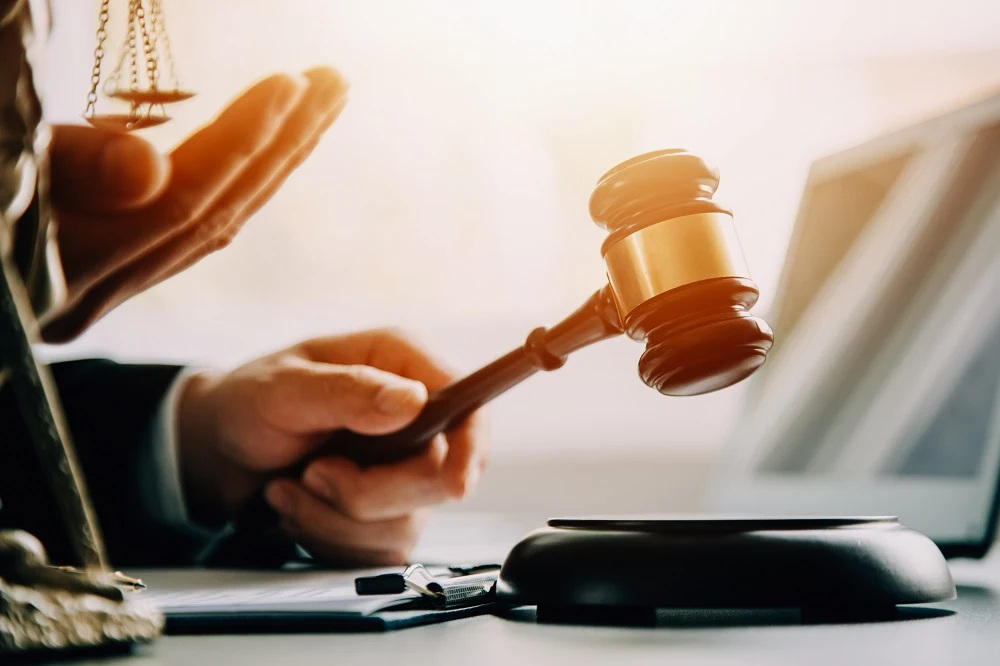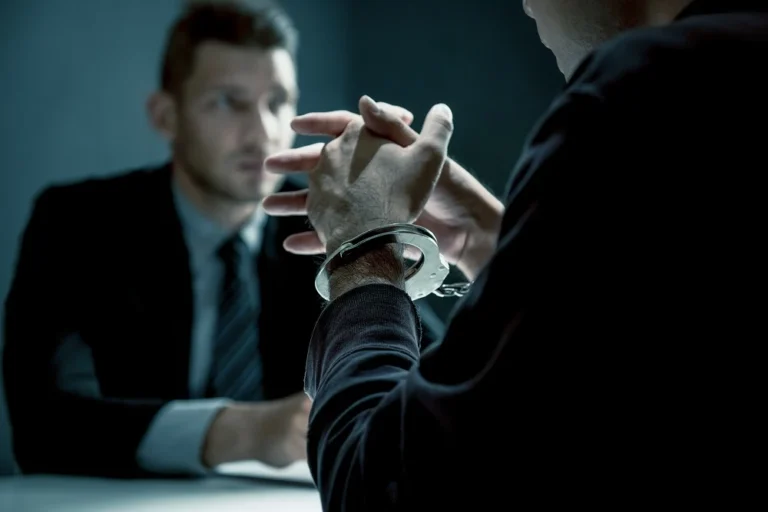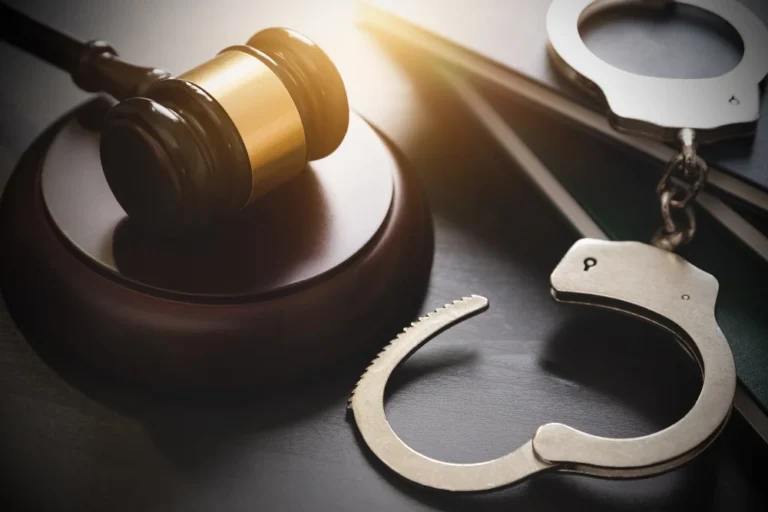American law is based on the principle that mistakes should be corrected. The judicial system includes several layers of appellate reviews to scrutinize cases to find and correct legal errors.
However, appeals are not a simple process. Lawyers and their clients must help the court identify possible errors and guide the appeals courts in fixing them.
The stakes of an error are especially high in a criminal case. You or your loved one might have been improperly convicted, resulting in a loss of freedom and reputation. Understanding what appellate judges look for when reviewing a case helps you correct a possible miscarriage of justice.
An Ohio student defense lawyer at Gounaris Abboud helps you appeal a flawed conviction.
The Key Principle: Appeal Is Not a Re-Trial or a New Trial
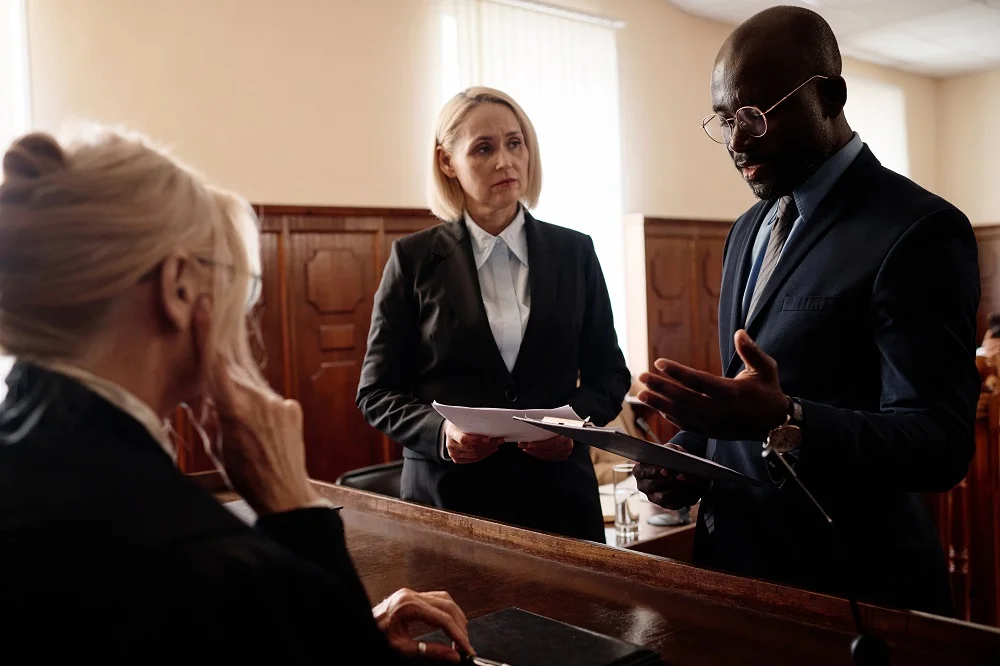
Appeals are not retrials or new trials, although the remedy ordered after appellate review can include a new trial. Instead, an appeals court looks for specific mistakes during your initial trial to ensure the process was fair and that the judge, prosecutors, and police followed the rules.
Some matters that an appeals court might review include:
- Violations of your constitutional rights
- Admissibility or inadmissibility of evidence
- Correctness of jury instructions
- Application of the law to your case
Thus, the first issue to understand when asking an appellate court to review a case is whether the alleged error was a mistake of fact or law.
A mistake of fact is generally not reviewable by an appeal court. Judges and juries have near total authority to decide the facts of your case. Thus, an appeal court will not second-guess a jury that chose to disbelieve an alibi witness.
However, you can appeal a legal decision based on a factual error. For example, a court might enhance your sentence based on testimony that you had a juvenile criminal record. Your attorney might get this enhanced sentence reduced by proving that the trial record contained no such testimony.
Mistakes of law are reviewable and correctable on appeal. However, the level of deference to trial court decisions depends on the issue. For example, rulings on the admissibility of evidence are reviewed using the “abuse of discretion” standard. This means the appeals court cannot reverse a judge’s ruling to allow or disallow evidence unless it was unreasonable, arbitrary, or unconscionable.
Conversely, rulings on Constitutional matters, such as whether the court correctly ruled that a search complied with the Constitution’s search and seizure rules, are reviewed “de novo”. This means the appeals court analyzes the issue “anew” without deference to the trial judge.
Appeals in Criminal vs. Civil Cases
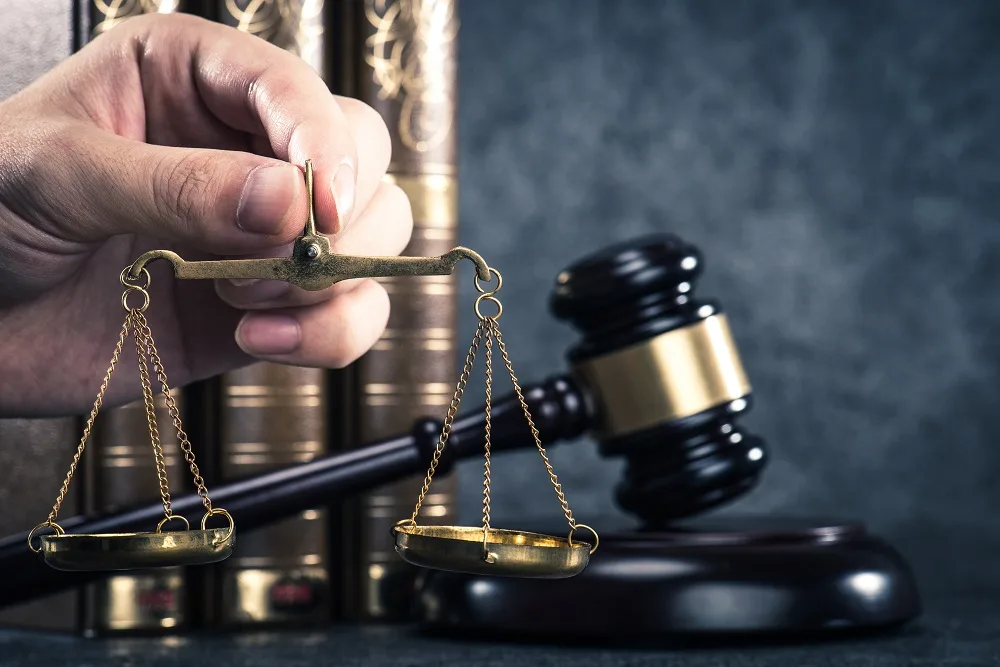
Appeals in criminal and civil cases follow the same rules. However, criminal cases frequently involve Constitutional questions and, as a result, are often more likely to undergo substantive analysis.
Moreover, criminal cases often have higher stakes, with a person’s freedom or even life at stake. Thus, appeals of criminal cases frequently involve weightier issues like the Constitutionality of the death penalty or whether the defendant’s DNA specialist was improperly excluded from testifying.
Another key difference between civil and criminal appeals is that both parties have the right to appeal in a civil lawsuit. However, prosecutors cannot appeal acquittals.
Under the Constitution’s Double Jeopardy clause, prosecutors only get one chance to prosecute you unless you get a hung jury. This means you do not need to worry about the state overturning your acquittal and facing the same charges again.
The Role of Appellate Judges
Appellate judges are generally experienced litigators or former trial court judges who know what appellate judges look for when reviewing a case. In Ohio, appeals court judges are elected and must have at least six years of legal practice to qualify for the ballot.
Being elected to a high court of appeal is a great responsibility because appeals courts shape the law.
The term “case law” refers to judicial opinions that higher appeals court judges write to guide lower court judges in applying the law. Thus, appeals court judges must understand the law and its underlying purposes and policies so they can properly interpret it and explain it to trial court judges.
Appeals court judges are not present during your trial. Instead, their entire understanding of a case and the legal issues presented come from reviewing the trial record, including transcripts, orders, and rulings.
When a lawyer says, “Let the record show”, during a trial, they are trying to ensure the transcript includes something difficult to transcribe. For example, “let the record show the witness failed to identify the defendant” ensures the printed transcript includes those words and that action.
Appeals court judges focus on the law. The specific facts of a case are generally not reviewable. Instead, the judges focus on the fairness and integrity of the legal process and application of the law. They ensure that trial courts make correct decisions and safeguard the defendant’s rights.
What do appellate judges look for when they review a case? They look at legal precedent and compare it to the trial court’s rulings. If the trial court deviated from the case law or statutes, the appeal court will reverse the trial court and remand the case to properly handle the issue.

You have the right to appeal legal errors that led to your conviction. Gounaris Abboud has years of experience fighting for the accused. Contact us to learn how we help you navigate the appeal process.
The Role of an Attorney in an Appeal
Appellate work is different from trial work. Many criminal defense attorneys focus solely on trial work and do not handle appeals.
Similarly, many appellate lawyers only handle criminal appeals and do not try cases. Thus, you should not assume your trial attorney will handle your appeals. You can always choose a different lawyer for any appeals you file.
The attorney’s role in setting the stage for an appeal starts during the initial case. The trial attorney must identify legal errors and preserve the issue for appeal by disputing the judge’s ruling. If the defendant’s lawyer simply accepts the ruling without objecting, they might lose the right to raise the issue on appeal.
After losing the case, the appeal attorney starts pursuing the justice of appeal court review. They identify the issues that give them a strong case for a retrial. More importantly, they choose the issues that, during a retrial, might produce a different outcome.
The attorney researches the law and develops arguments explaining how the trial court erred. They prepare an appeal brief identifying the issues and laying out the arguments clearly and with ample support in the case law.
This brief is critical because it contains the arguments and legal citations the appeal court judges and clerks will use to conduct their legal research.
The lawyer prepares for and presents oral arguments to the judges deciding the appeal. These arguments summarize the points made in the brief. They also answer any questions that arose during the legal research performed by the judges and their staff.
Your Dayton appeals defense attorney must not only know their arguments thoroughly but must also anticipate the state’s arguments and have answers ready to respond to the judges’ concerns.
What Procedure Does an Appellate Court Use When It Reviews a Case?
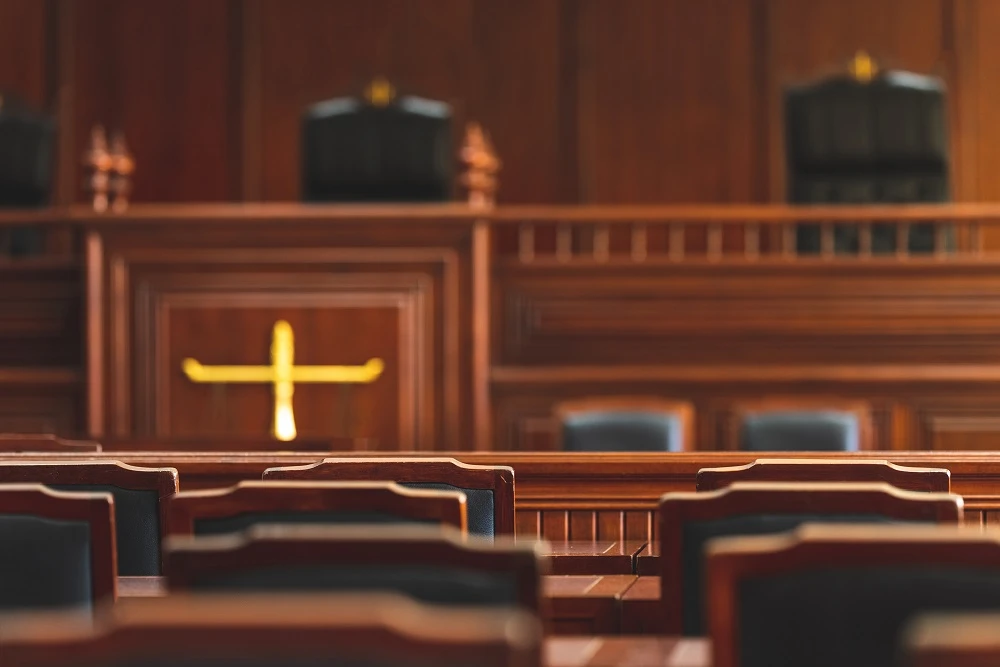
Appeals are different from trials. Appeal hearings have no witnesses and present no new evidence. Instead, most appellate work happens on paper.
The right to appeal usually arises when the defendant is convicted. However, some issues give the right to an interlocutory appeal, which is an immediate appeal that occurs while the case is still in the trial court.
For example, a defendant has the right to file an interlocutory appeal when a trial judge denies a motion to suppress evidence obtained in an allegedly illegal search.
Regardless of when the right of appeal arises, the appellate court process includes the following steps.
Notice of Appeal
Your appeal lawyer determines which courts have appellate jurisdiction and files a notice of appeal. The court of appeal list in Ohio includes the state Supreme Court and 12 courts of appeal.
Criminal defendants can appeal convictions or sentences. This is different from civil cases in which either side may appeal a losing verdict. The appeal court sets a schedule for briefing and oral arguments.
Submission of Briefs
The trial court transmits the trial record, and the lawyers for both sides file their briefs. The party requesting appellate review is called the appellant, and the party responding to the appeal is called the respondent.
The appellant files first. The brief focuses on legal errors committed during pre-trial and the trial. Although the appellant is limited to legal errors, they may sneak in factual errors by arguing that the court reached a legal decision based on clearly erroneous factual findings.
The respondent files second. The respondent generally responds to the appellant’s arguments with opposing arguments and case citations.
Oral Arguments
The appeals court holds a hearing. The appellant’s lawyer argues first by highlighting their strongest arguments. The arguments have a strict time limit, so judges usually jump in early to ask questions. The respondent’s lawyer argues second by responding to the appellant’s arguments and providing their answers to the judges’ questions.
Decision
What does an appellate court do with a case? The appeals court judges meet and decide the case by a majority vote.
One of the judges writes an opinion giving the decision and the reasons supporting it. They can affirm or reverse the trial court’s rulings. If the court reverses, it will remand the case to the trial court for a retrial, resentencing, or other corrective proceedings.
Final Thoughts on the Appeal Process: Protecting Your Rights
Appeals are an essential tool for correcting legal errors and ensuring justice and fairness in the criminal process.
However, an appeal is not the same as a retrial or new trial. Instead, it is a procedure focused on reviewing the trial court’s legal rulings. This process focuses on legal principles and ensures trial judges follow statutes and legal precedents.
An appeal can result in a reversal of the trial court’s rulings and a new trial or sentencing.
Contact Gounaris Abboud for legal guidance if you have considered or filed an appeal. We understand what appellate judges look for when reviewing a case and can help you navigate the complex process to fix a flawed conviction.
